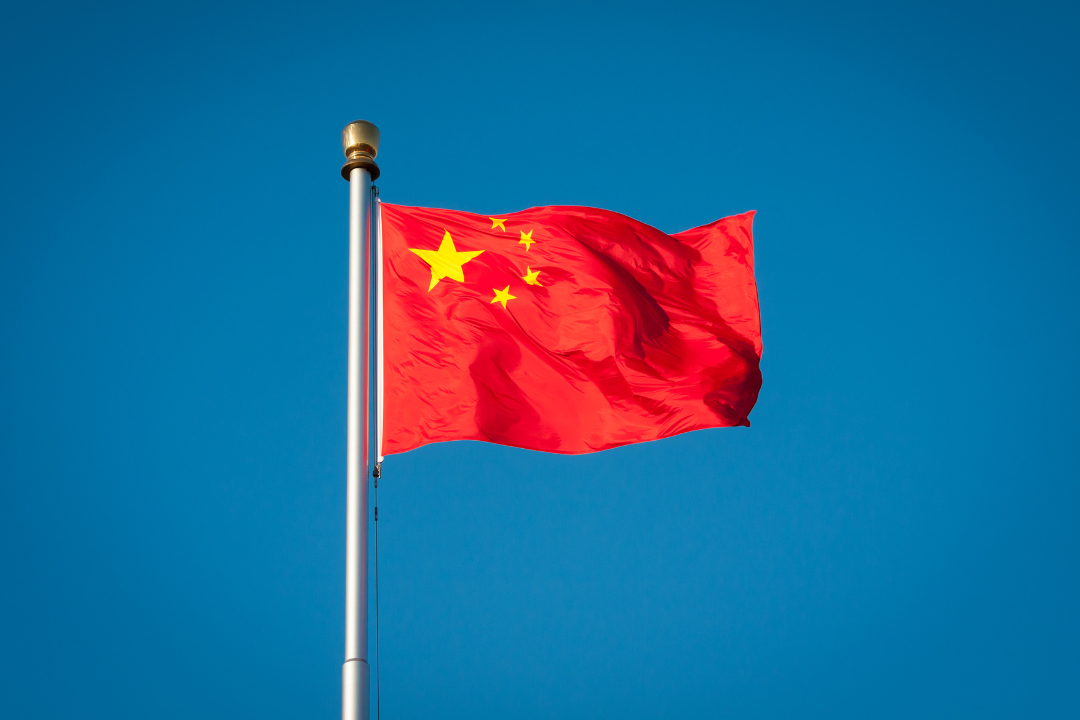In the complex arena of international commerce, China’s trade war strategy has emerged as a focal point of global economic discussions. Amid the ongoing tensions and tariff impositions primarily between the United States and China, Chinese officials have consistently downplayed the impact of the trade war on their economy. This approach reflects a broader strategy aimed at maintaining national confidence and stability, even as external pressures mount.
Chinese President Xi Jinping has emphasized resilience, stating, “We will not be afraid of any challenges and will endeavor to maintain steady economic growth.” By framing the trade war as a challenge to be overcome rather than a crippling threat, Chinese leadership seeks to bolster domestic morale while simultaneously signaling to international markets that China remains a formidable economic power. This perspective is essential for internal cohesion, as the Chinese government is aware that public perception can markedly influence economic performance.
Chinese leadership emphasizes resilience, framing the trade war as a challenge to maintain domestic morale and signal economic strength.
Despite the tariffs and sanctions, official reports indicate that China’s economy has continued to grow, albeit at a slower pace than in previous years. Analysts have noted that the government’s ability to implement stimulus measures, such as infrastructure spending and tax cuts, plays a crucial role in mitigating the trade war’s effects.
“The Chinese government has tools at its disposal that can cushion the economy,” remarked an economist from a major financial firm. This ability to adapt to changing circumstances is part of the narrative that Chinese officials wish to project to both domestic and international audiences.
Moreover, China’s focus on diversifying its trade partnerships has been a significant aspect of its strategy. By seeking to strengthen economic ties with countries in Asia, Africa, and Europe, China aims to reduce its dependency on any single market, particularly the United States.
“We are committed to building a community of shared interests with our trading partners,” stated a spokesperson from the Ministry of Commerce, underscoring the country’s intent to pivot towards a more multipolar trade relationship.
Ultimately, while the trade war presents undeniable challenges, China’s strategy of downplaying its impact reflects a calculated decision to maintain both economic stability and political authority. By fostering a narrative of resilience and adaptability, China seeks not only to navigate the complexities of international trade but also to reinforce its position as a global economic leader in a rapidly changing world.














